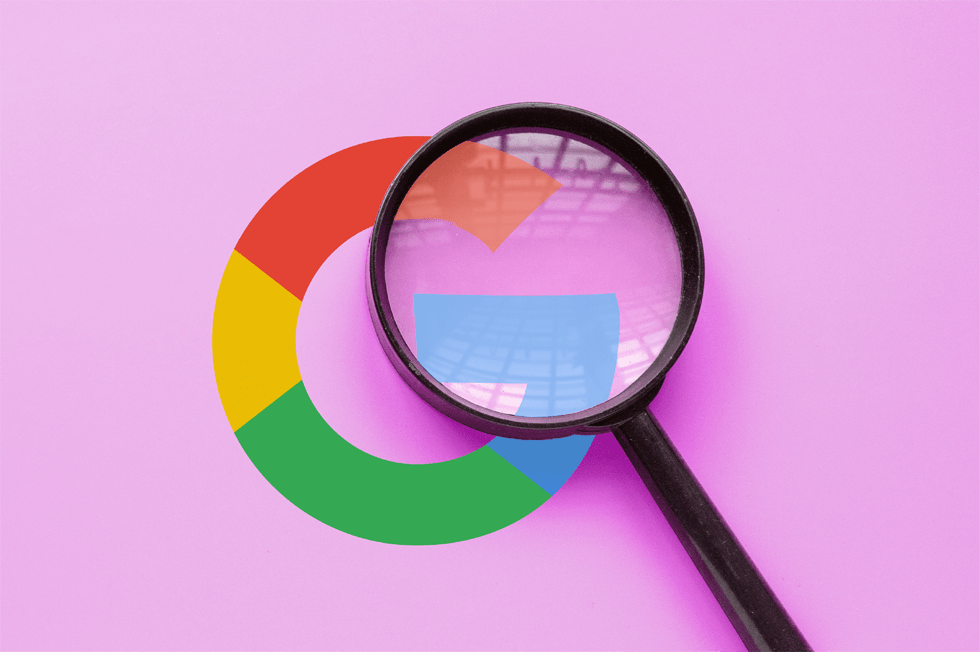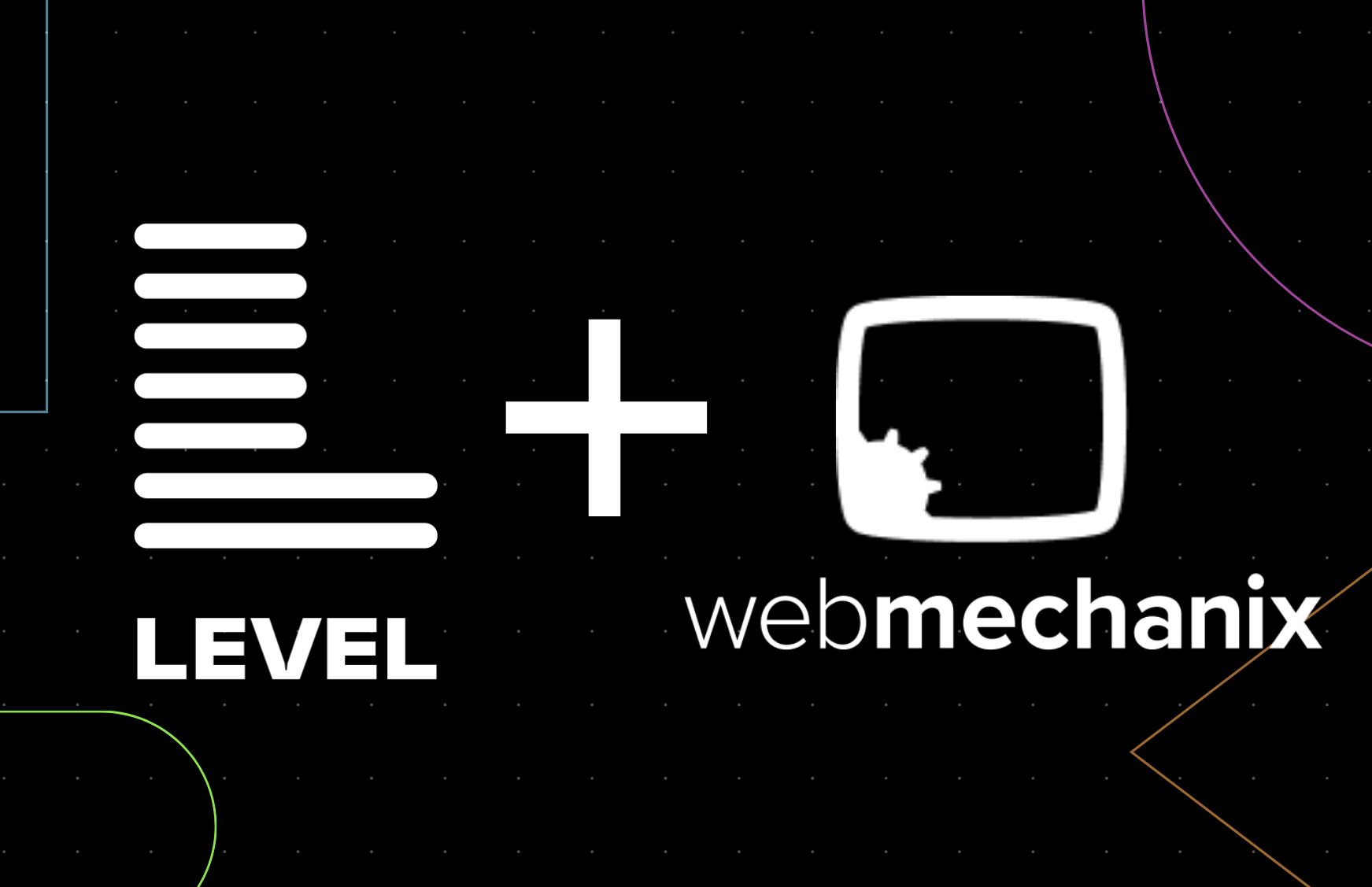Think Twice Before Taking Google’s Advice
Any digital marketer worth their salt will tell you that staying up-to-date with the latest Google Ads best practices is crucial. Creating compelling ad copy that aligns with campaign goals and includes specific keywords is essential for EDU institutions. Managing a Google Ads account effectively requires a tailored approach that considers the unique needs of the EDU sector. However, when it comes to Google Ads advice, a one-size-fits-all approach may not always work, especially for the education (EDU) sector. Level’s own Brent Davis, SVP of Client Services, and Bill Buchanan, President of the EDU Business Unit, presented some of their most helpful, tangible insights on how to parse through Google’s recommendations at this year’s CECU Convention. They cover why you should think twice before taking Google’s advice and how a tailored strategy can lead to better results.
Diverging Objectives
Google’s objectives often differ from those of educational institutions. While Google aims to maximize ad performance across a broad range of industries, EDU institutions require more niche targeting for their ad campaigns. Unfortunately, Google Ads support is at an all-time low, with ad reps often acting more like telemarketers than strategic partners.
One-Size-Fits-All Recommendations for Google Ads Campaigns
Google’s search advertising recommendations, such as optimizing conversion goals and broadening match types to hit a larger target audience, are built for eCommerce and B2C sales. When running Google search ads, it’s important to consider the unique needs of the EDU sector. However, these tactics may not suit EDU’s unique needs, especially when it comes to managing ad spend effectively.
Conversion Goal Optimization
Google suggests optimizing various milestones to provide the algorithm with better data to improve Google Ads performance. While using offline conversion data sounds good in theory, not using the right data can yield poorer results due to EDU’s long sales cycle. Our approach, when running Google ads, focuses on creating signal clarity by providing a single metric for Google to optimize and pairing value-based bidding with custom lead scoring.
Campaigns Limited by Budget
Google often alerts you to campaigns limited by small budgets, suggesting an increase to unlock top-performing campaigns. However, this can misalign with the varying goals across different programs and campuses. We recommend unlocking must-have campaigns but using smart goal and media planning to fill your starts and work backward from there.
Match Type Changes in Google Ads Bidding Strategies
The shift in match types is another critical area where Google’s advice may not be ideal for EDU. Utilizing negative keywords can help improve ad performance by excluding irrelevant search terms. Ads placed on the search engine results page should be carefully targeted to ensure they reach the right audience.
Broad Match Keywords
Google encourages the use of broad match keywords to increase scale and drive conversions at a lower cost. However, this often results in a drastic increase in mismatched intent, leading to lower quality inquiries. While broad match keywords have their place in testing, an intense focus on exact and phrase match yields better quality scores and more enrollments. Should you use broad match keywords or other keyword match types? It depends on your specific needs, ad budget, and goals.
Performance Max Concerns
Google’s push towards Performance Max campaigns is another example of advice that may not suit every industry. Google Discovery ads can also be a valuable tool for reaching potential students across various Google platforms. Implementing the right Google Ads bidding strategies is crucial to ensure quality and control costs.
Performance Max Campaigns
Google suggests leaning heavily into to maximize conversions across multiple channels. While this can result in numerous conversions, it also poses significant risks, such as fraud and low-quality impressions. The inability to control for quality makes Performance Max unsuitable for the EDU market. Instead, we leverage AI and automation with the right tools—shared budgets, appropriate bidding strategies, and cautious testing. How to optimize Performance Max campaigns involves a careful approach to ensure quality.
More Potential Red Flags
Several other Google recommendations should be approached with caution:
- Display Network Expansion: The display network can attract fraud, so implementing robust spam measures is essential before testing.
- Opt-In Search Partners: Google’s partner network has not seen sufficient investment, leading to widespread fraud, especially targeting EDU.
- Auto-Apply Suggestions: Automatic optimization recommendations often require a careful, measured approach.
- Automatic Asset Creation: Automatically creating assets can lead to compliance issues within the EDU sector.
- Ensuring that your landing page is optimized for conversions and user experience is crucial for the success of your ad campaigns.
- While ad extensions can provide additional information and improve ad performance, they should be used cautiously to avoid compliance issues.
Google Best Practices That Work
Despite these challenges, some Google Ads best practices still hold value for the EDU sector:
- Consolidation: Consolidating small ad groups into fewer, larger groups helps the ad platform learn faster which responsive search ad combinations drive the best performance. Creating specific ad groups with corresponding ad copy can help target specific queries and improve performance. Using responsive search ads can help provide dynamically personalized ads to searchers and improve ad performance. Google Ads tips like these can be beneficial.
- Automated Bidding Strategies: Using portfolio bidding strategies allows for faster platform optimization by leveraging keyword, geographic, and user behavior data across campaigns.
- Offline Conversion Data: Uploading first-party data from your CRM to count conversions instead of website-based pixels helps the platform optimize better by focusing on high-quality leads.
- Enhanced Conversions: Capturing additional encrypted information during conversions helps improve event matching and future-proofs conversion tracking against upcoming privacy-related updates.
Test. Learn. Grow.: A Data-Driven Approach to EDU Marketing
While Google Ads advice can be helpful, it’s essential to tailor strategies to your specific industry needs, especially in the EDU sector. At Level, we advocate for a Test. Learn. Grow. approach, combining creative experimentation with data-driven insights to deliver the best results. Reach out to us for personalized, effective marketing strategies that align with the unique needs of your institution.








